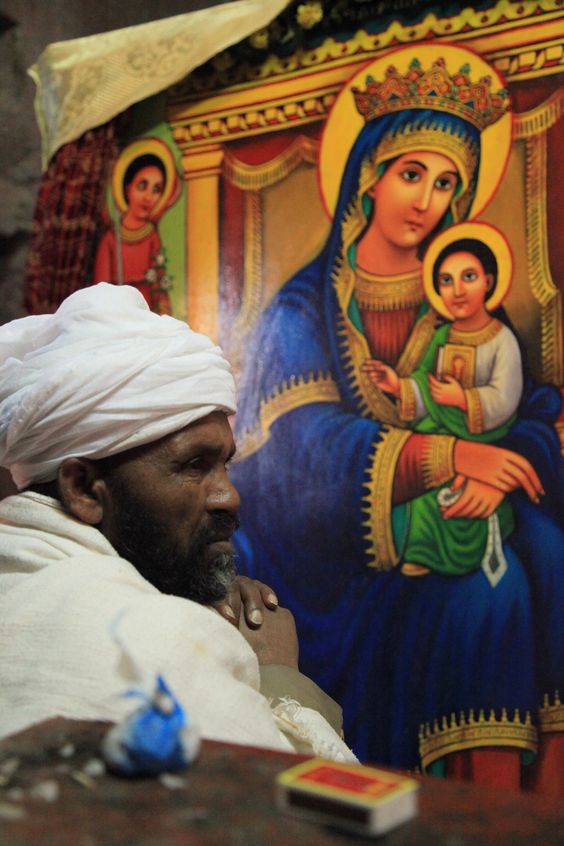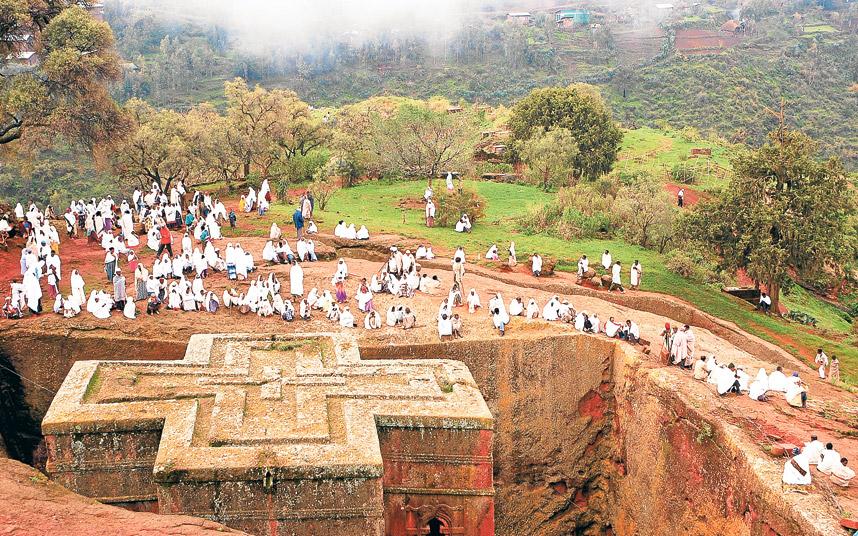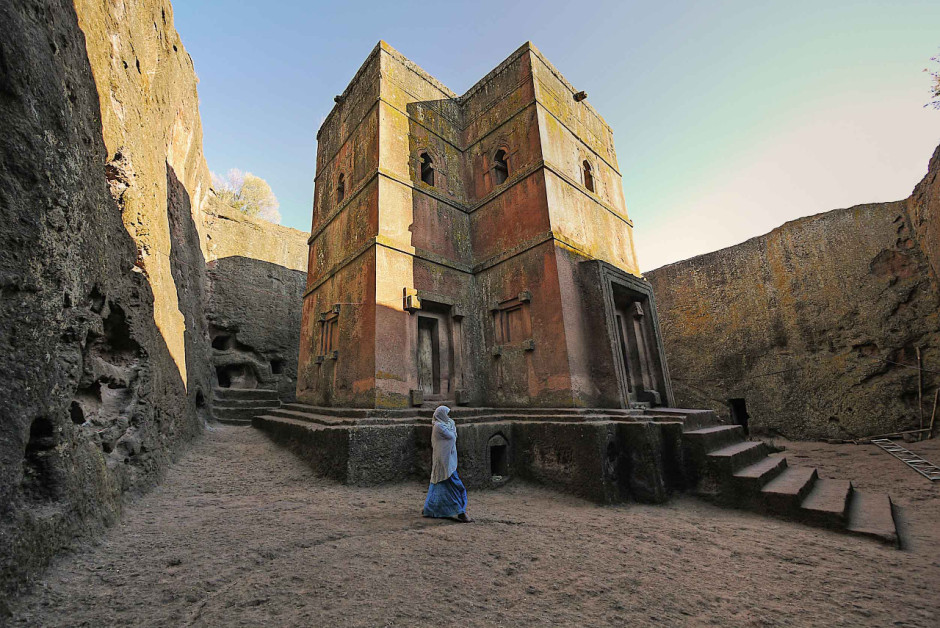Monks in Ethiopia: How much influence should monks have in affairs of government?
I suppose "influence" is the operative word here. A little wider question might be, what role should religion/faith have in affairs of government? Is there any underlying principle that is relevant regardless of the religion?
For myself there are a few basic factors:
1 one's religion or religious creed should reflect one's basic value system. It does formally, but in reality your lifestyle and behaviour is a truer reflection of your value system. Think ENRON - a company that had a very fine formal "value statement," but whose leadership lived by completely opposite values. As you live your value system you impact on your immediate social environment. If enough of you share and practise the same value system the impact will be wider and deeper.
2 Jesus said "you are the light of the world," and "you are the salt of the world." Obviously, practicing followers of Christ will have a positive influence on their social context. Even outside the Christian sphere there are individuals with high moral standards who influence their societies in positive ways.
3 individuals have a tendency to seek power. Whether this is at the individual level, where we wish from an early age, to be in control of our own lives and destinies, or as groups of individuals wishing to exercise power through their organisation, we see this deep urge for power. It was at the heart of the Fall, and it has been the fall of many men and women since then.
4 power (always) corrupts. There may be a few cases where the evidence for this statement (especially the 'always' in brackets) may not be obvious, but certainly the tendency holds true. We have hordes of examples, in the scriptures and in current history, of men and women of God being corrupted by the power given to them within nations and churches. No church denomination is exempt.
5 all human organisations are also subject to the deadly effects of the Fall. This includes formal, organised church organisations (denominations), and any organisation run by Christians just as much as by non-Christians. Organisations do not themselves do anything - it is the people in them that do things. But organisations set the framework and give the authority (and limits) and direction to those people for what they are to do.
Putting these factors together seems to suggest that people of faith, individually and collectively, can have an impact on society and government affairs. Organised religious bodies (whateve the religion) can be seen as a nation's "conscience," the voice of what is right and wrong. Because of that, they should be very careful in how they apply their influence. In MOHO they should never attempt to have, or even accept if offered, a direct role in Government that involves the exercise of any power. Because when the conscience of a person or nation sits in a position of power, it will sooner or later be corrupted - and as it does so it cannot be an independent or "objective" conscience. Government should not be in the hands of a religious organisation. Regardless of religion. Christian organisations (the formal, organised church - of whatever denomination) are not immune to the corruption of power - and history in Europe has lots of evidence for this.
Applied to monks in Ethiopia, or anywhere else, this suggests that at the level, and in the context, of their individual lives and testimony, monks (indeed all true believers) can 'influence' affairs of government - especially local government, local bureaucrats. As a collective, in the form of the Coptic church, Ethiopia has a long history of close connection between church and state, just as elsewhere in the world. And with the same result - periods of good governance and periods of corrupt leaders disguised as high up members of the formal church. Practicing believers as government employees can to a considerable degree influence the tone of their work as civil servants. Often they will be put in places where there may be conflicts of conscience. Thankfully we have examples of Daniel, Nehemiah, and Joseph as good case studies of 'faithful-to-God' government officials.
I would very much appreciate additional or even counter arguments and thoughts on this subject. Although I write with strong conviction on the subject, these are conclusions I have come to pretty much from my own observation, and I need to hear other opinions to further develop or change my own.






